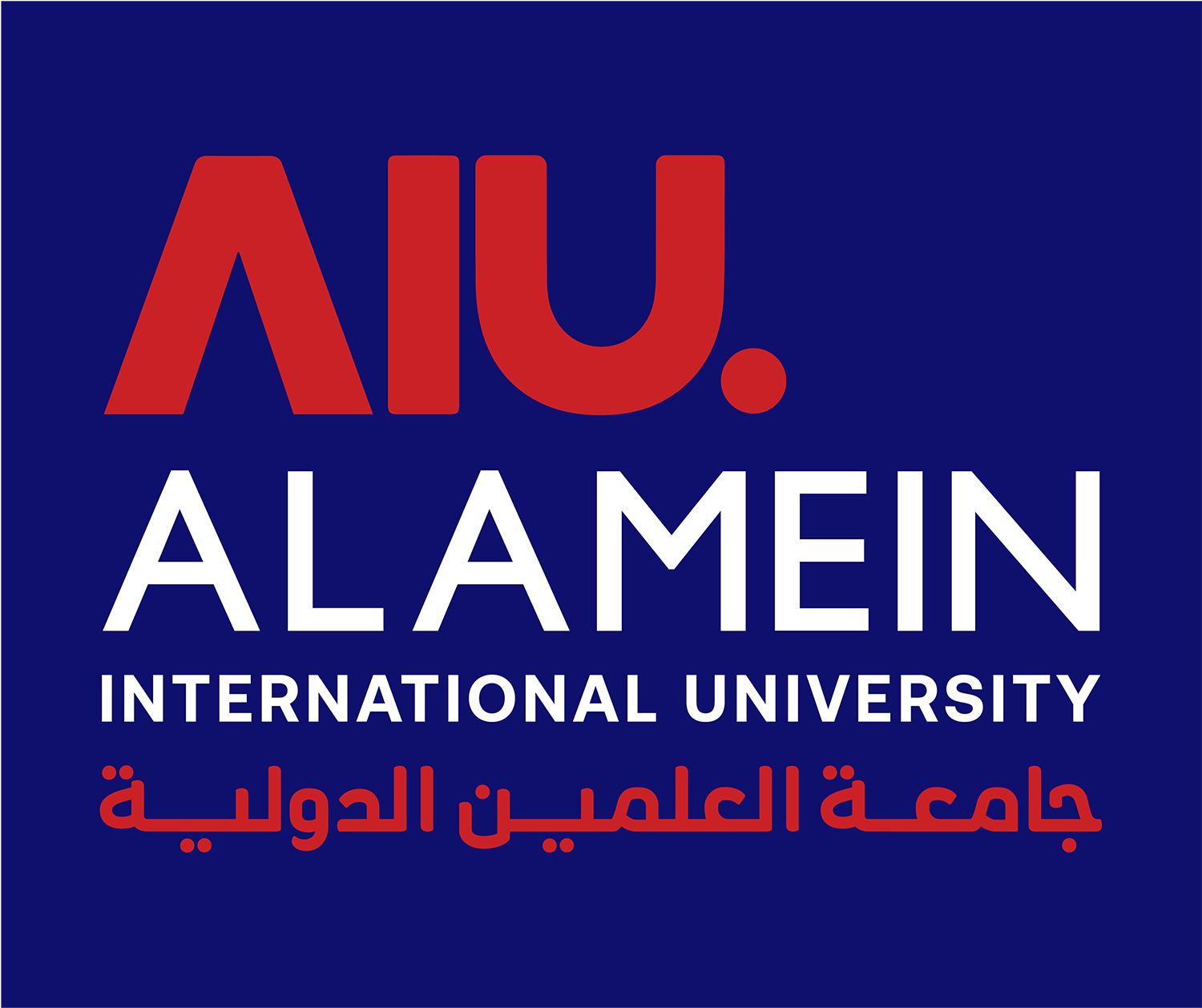Artificial Intelligence Science
The program grants the deep knowledge and skills needed to transform big amounts of data into executable decisions. The program focuses on how to use complex inputs like vision, languages, and big databases in decision-making and enhance human power.
Produce market-ready and competent artificial intelligence scientists who can build intelligent agent systems to solve complex real-life problems, and transform big amounts of data into executable decision, carrying out research and innovation to meet local and global labor market needs, promoting practical professional ethical client engagement, providing students with the fundamental knowledge and skills needed in the field of artificial intelligent science.
A few years after graduation, graduates of the AI science program will:
- PEO1-Career Achievement: have successfully pursued careers as AI designers and developers providing innovative AI-related software solutions to real-life problems.
- PEO2-Professional Development: will have demonstrated professional engagement through teamwork, effective communication and pursuing continuous adaptive lifelong self-learning.
- PEO3-Social Responsibility: will have contributed to the welfare and advancement of society as well as the development of the profession through responsible practices demonstrating entrepreneurial readiness to create innovative AI-based ideas, products, and services.
- Analyze a complex computing problem to apply principles of computing and other relevant disciplines to identify solutions.
- Design, implement, and evaluate a computing-based solution to meet a given set of computing requirements in the context of the program’s discipline.
- Communicate effectively in a variety of professional contexts.
- Recognize professional responsibilities and make informed judgments in computing practice based on legal and ethical principles.
- Function effectively as a member or leader of a team engaged in activities appropriate to the program’s discipline.
- Apply theory, techniques, and tools throughout the data analysis lifecycle and employ the resulting knowledge to satisfy stakeholders’ needs.
| Computer Science | AI Science | Bioinformatics | Information Technology | |
|---|---|---|---|---|
| University Requirements: | 20 Cr.Hrs. | 20 Cr.Hrs. | 20 Cr.Hrs. | 20 Cr.Hrs. |
| Mathematics & Basic Science: | 24 Cr.Hrs. | 24 Cr.Hrs. | 27 Cr.Hrs. | 24 Cr.Hrs. |
| Computer Science & Engineering: | 31 Cr.Hrs. | 31 Cr.Hrs. | 31 Cr.Hrs. | 36 Cr.Hrs. |
| AI Science & Engineering: | 6 Cr.Hrs. | 6 Cr.Hrs. | 3 Cr.Hrs. | 0 |
| Advanced Specialty Requirements: | 42 Cr.Hrs. | 42 Cr.Hrs. | 0 | 42 Cr.Hrs. |
| Bioinformatics: | 0 | 0 | 42 Cr.Hrs. | 0 |
| Project & Training: | 10 Cr.Hrs. | 10 Cr.Hrs. | 10 Cr.Hrs. | 10 Cr.Hrs. |
| Total | 133 Cr.Hrs. | 133 Cr.Hrs. | 133 Cr.Hrs. | 132 Cr.Hrs. |
The graduate of the Artificial Intelligence Science program has all the modules of graduates of computer science programs. The graduates have the following characteristics intensively:
- The ability to build software and intelligent agent systems.
- The ability to recognize natural language systems and their implementation.
- The ability to build machine-learning systems, implement them, and measure their performance.
- International companies working in natural languages processing.
- Smart programming companies.
- Smart home components manufacturers.
- Digital transformation companies’ startups.
